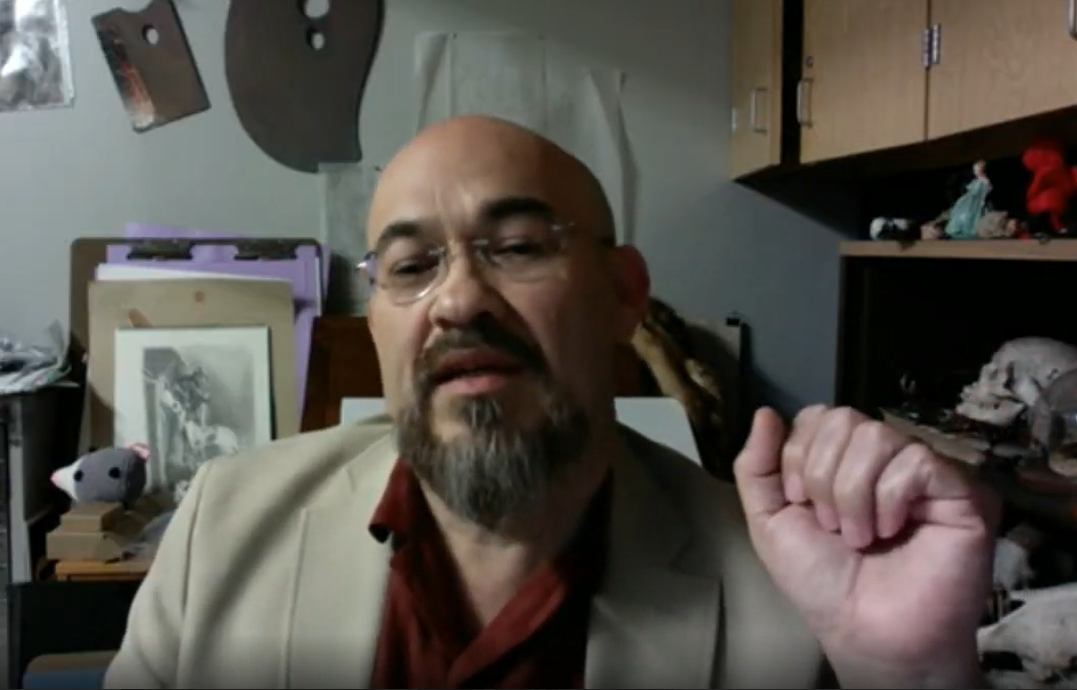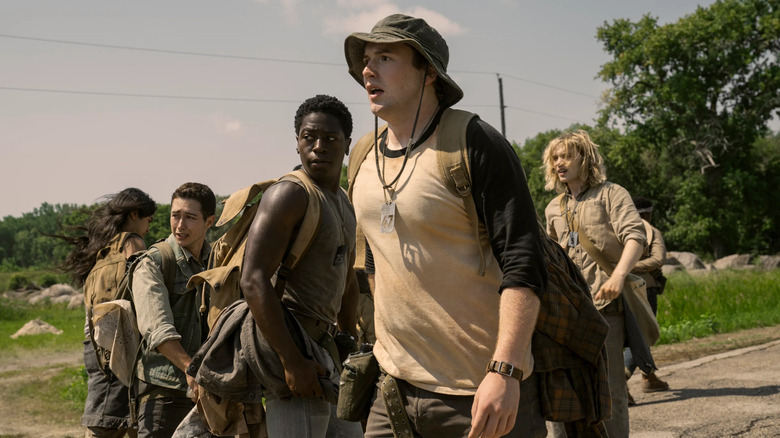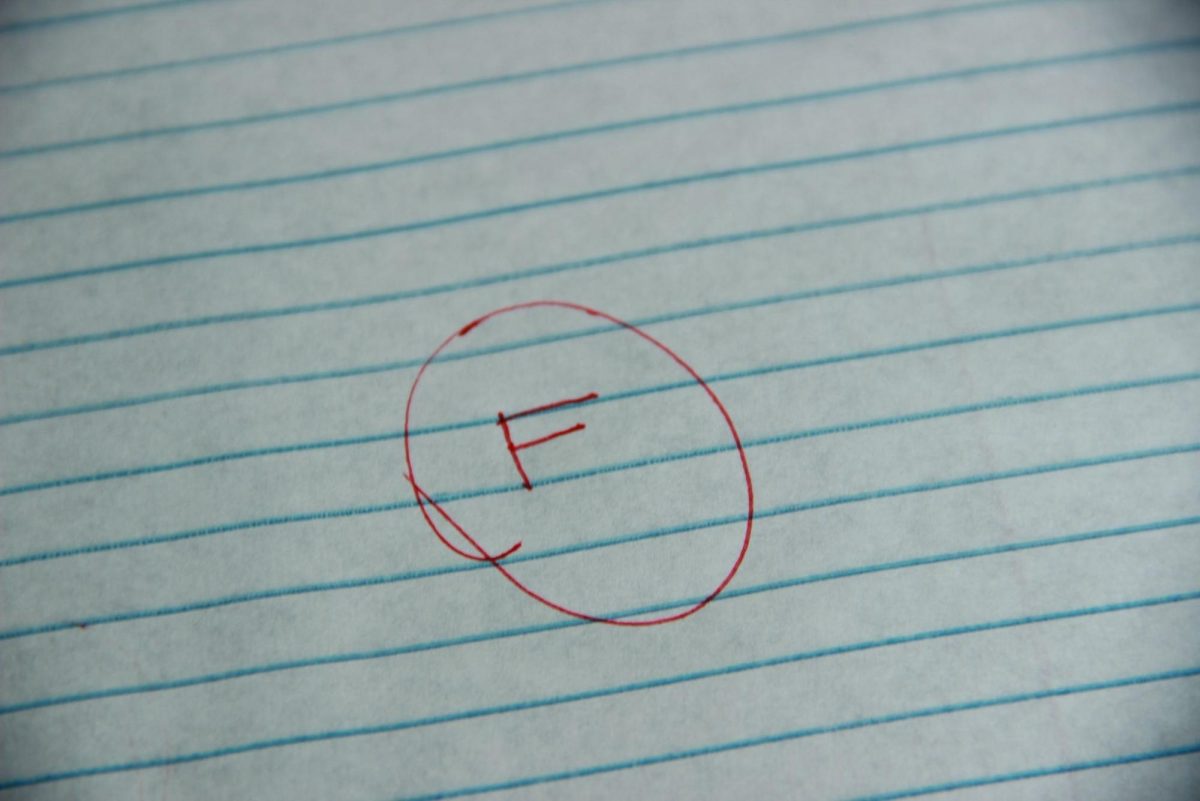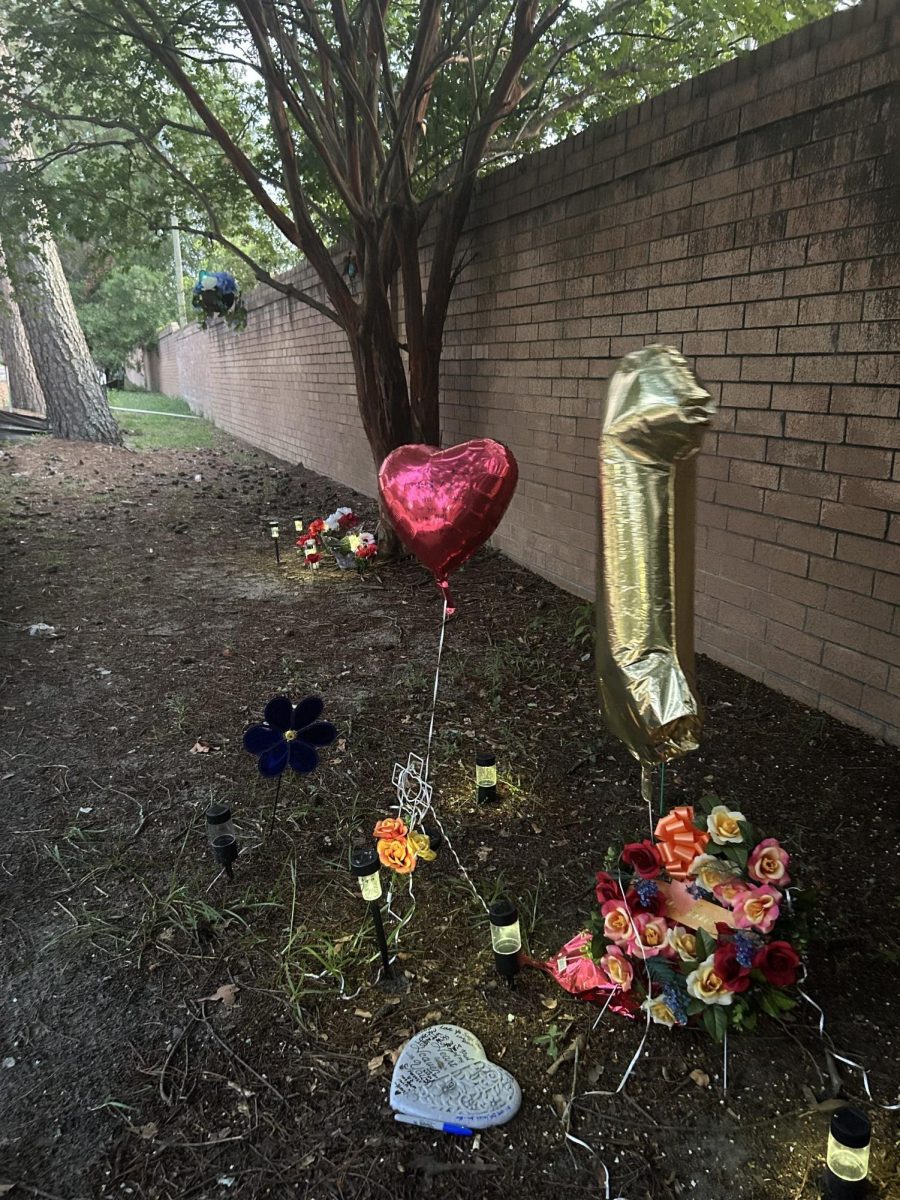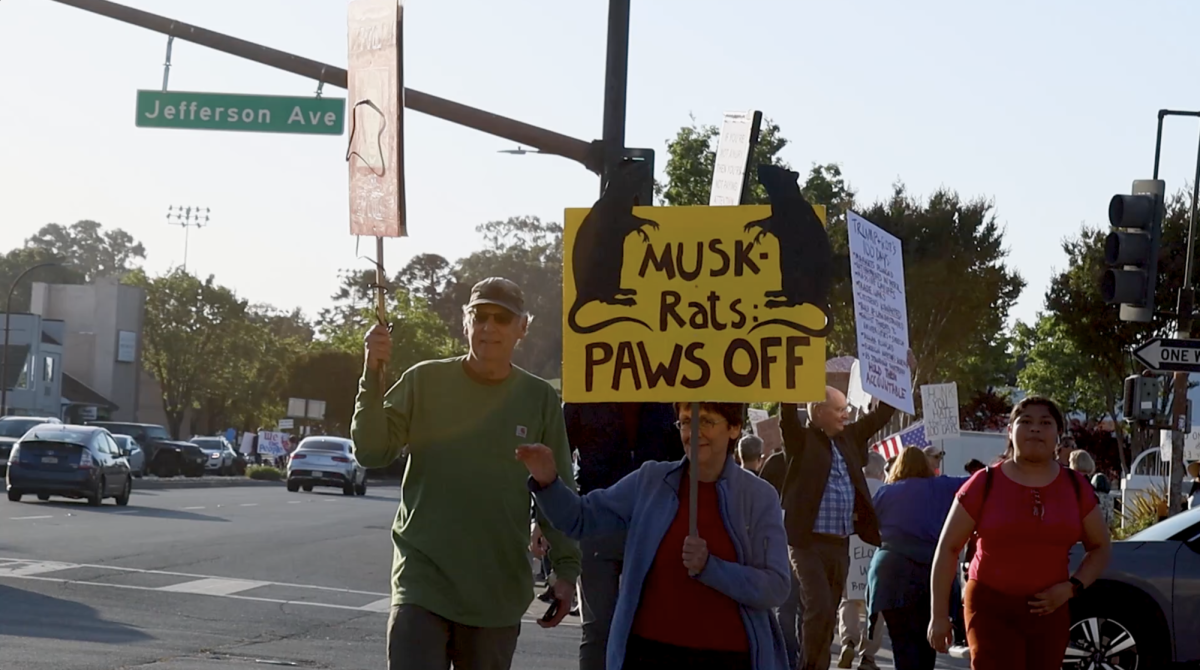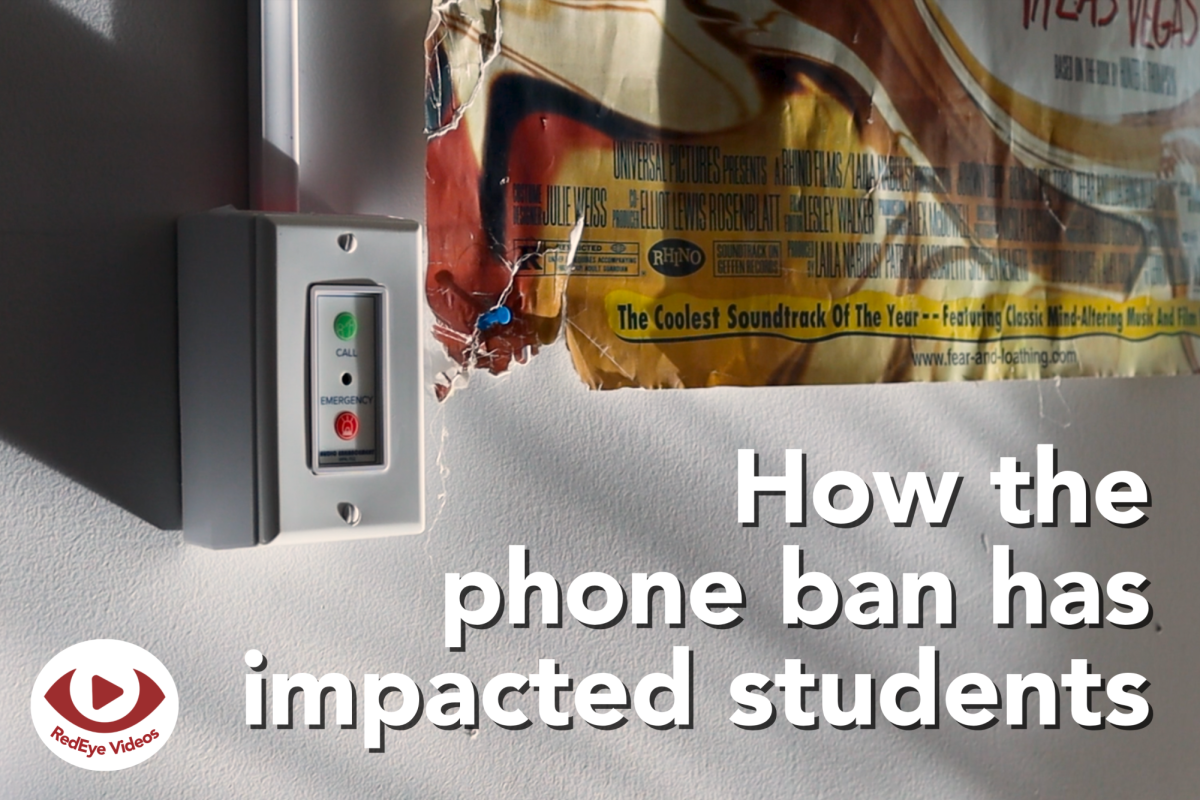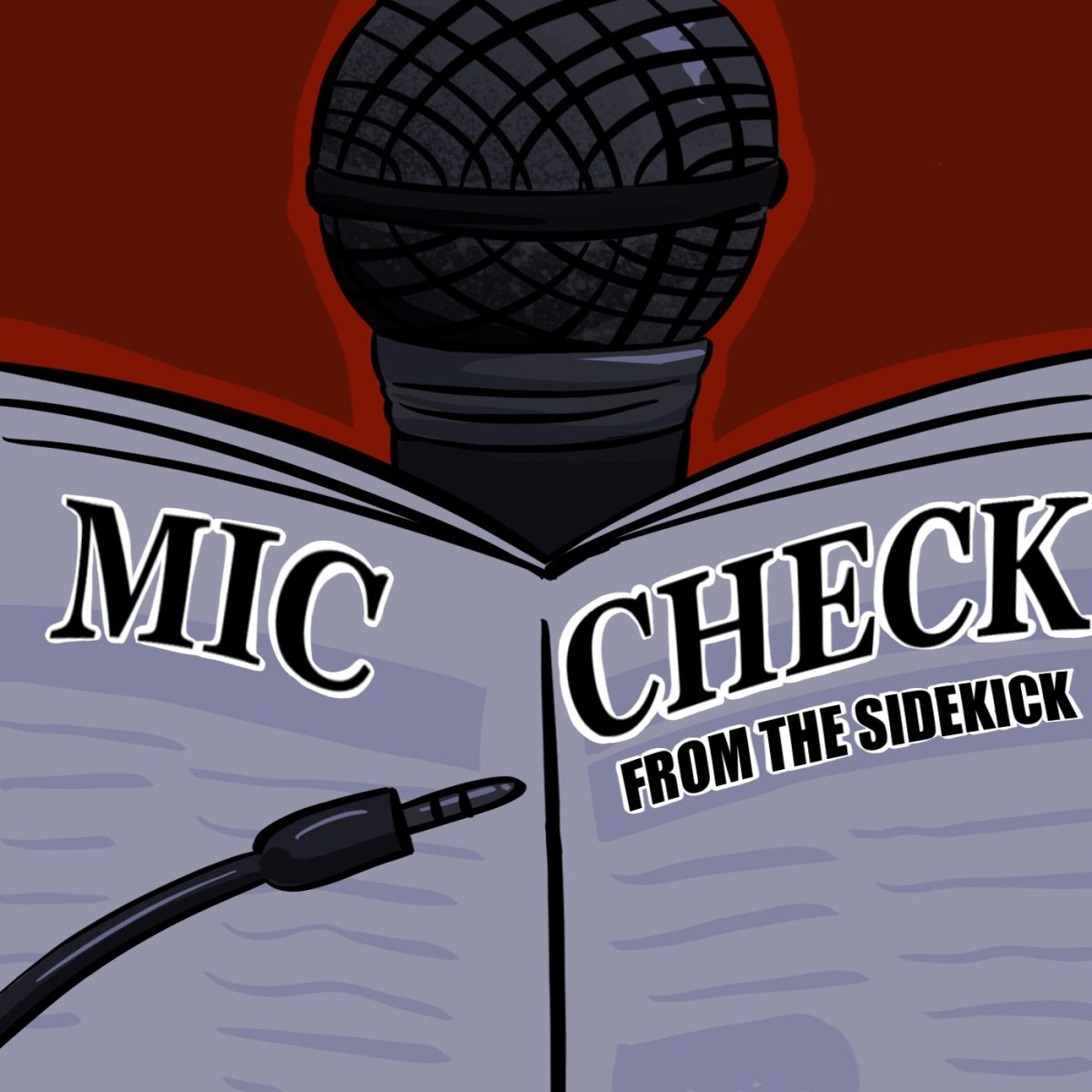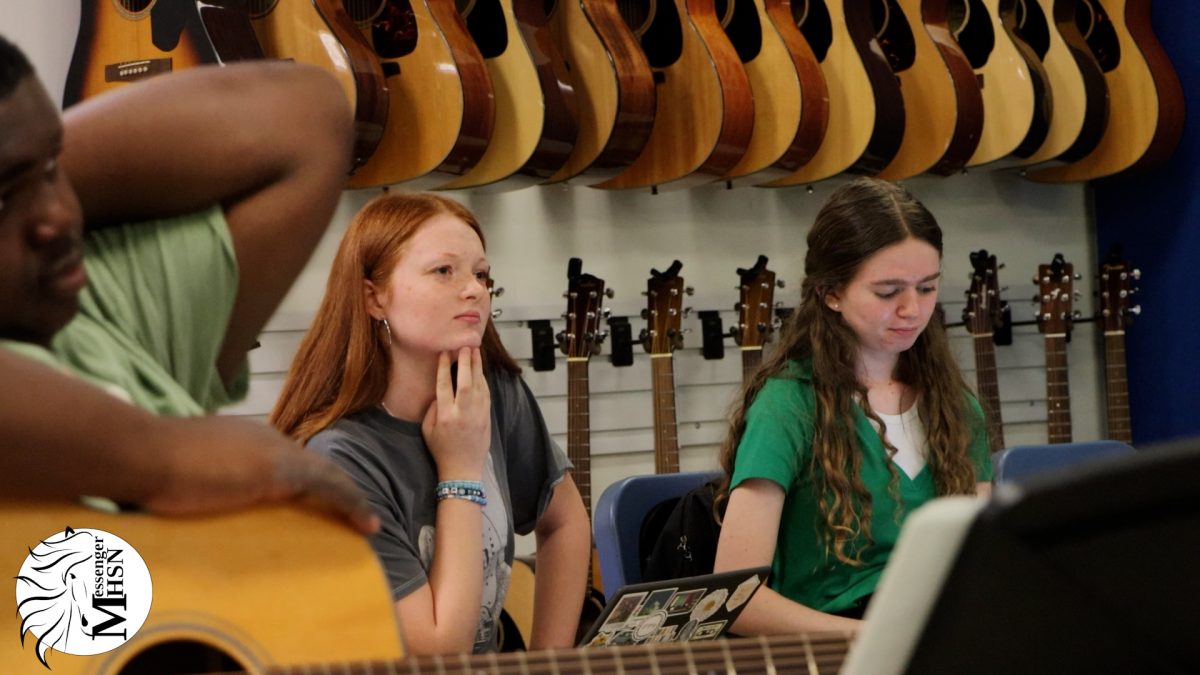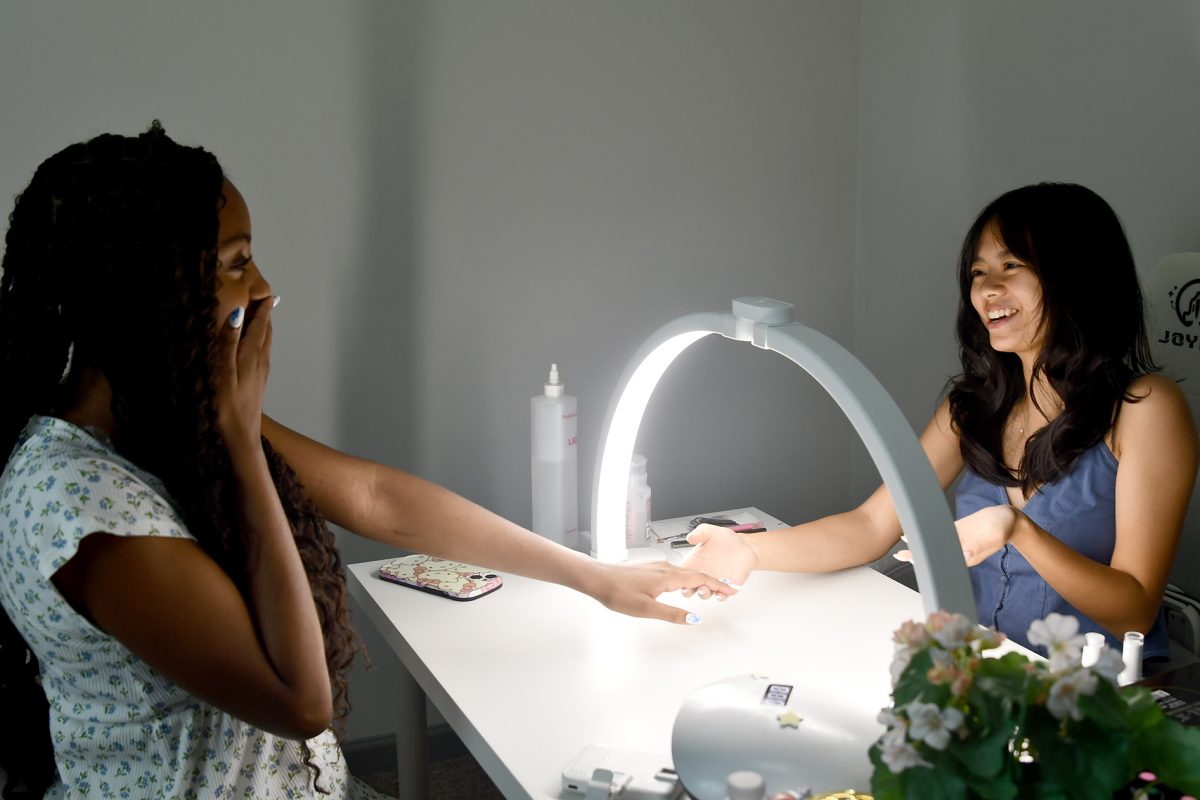For the first time since its 2015 decision in Obergefell v. Hodges to recognize same-sex marriages across the nation, the Supreme Court will decide this fall whether or not to consider a case that would specifically prompt it to overturn its previous ruling. This new case, a petition to escalate a lower court ruling to be reviewed (a writ of certiorari), was filed in July by Kim Davis, a county clerk from Kentucky who refused to issue a marriage license to a gay couple on religious grounds and was subsequently jailed for six days. Davis argues that free exercise of religion under the First Amendment absolves her of liability for denying same-sex licenses, asking the Supreme Court to overturn Obergefell v. Hodges and no longer require states to issue marriage licenses to same-sex couples.
Under Hollingsworth v. Perry, California residents’ rights to same-sex marriage are protected regardless of whether or not the Supreme Court overturns its landmark 2015 decision. However, despite relative insulation from discrimination at the federal level, local LGBTQ+ community leaders are wary, especially as anti-LGBTQ+ sentiment and legislation have spiked in recent years under a nationwide shift to conservatism.
Sun Sukumar is the Peer Support Coordinator for Caminar’s LGBTQ Wellness, a community support and outreach program supporting the holistic wellness of LGBTQ+ residents in Santa Clara County. Sukumar believes that California’s protections, while effective at protecting citizens’ basic rights including marriage equality, gender-affirming care and employment, don’t fully shield local queer people from being tangibly affected by nationwide homophobia.

“It’s really scary to be scrutinized in this way,” Sukumar said. “It’s really scary to be told that you don’t exist, to be told that you can’t have the same rights just because you love who you love. We’re going so many steps backwards.”
Queer youth are especially vulnerable to mental health crises, with 39% of LGBTQ+ young people seriously considering attempting suicide in 2024 and 90% reporting that their wellbeing has been negatively impacted due to recent politics. At 22 years old, Sukumar asserts how crucial a support system of queer elders has been to their welfare. They explain that the goal of providing this support to youth motivates the outreach that their organization is implementing to combat fear and uncertainty in local communities.
“Regardless of what’s happening on the federal level, we’re upping our efforts,” Sukumar said. “We’re not bowing down to fear. They want us to be in fear, but we’re going to be more loud and proud, and we’re going to reach out to our community and hope that folks can find us. People get siloed when fear is inflicted, and so when we’re out there amplifying our resources, what we’re saying is, ‘I know it’s hard for you to come find us, but we’re going to try and come find you, because we’re going to be here no matter what happens.’”
Edison Erostico, a Peer Intern for The LGBTQ Youth Space, helps coordinate social engagement and activities for queer youth ages 13-25. Erostico is concerned that the programs he’s involved in might not have the resources needed to reach endangered queer and transgender youth.
“In California, we live in a bubble of privilege where we usually don’t have to worry about our rights being taken away,” Erostico said. “But I’m scared and disheartened — the queer community is under attack by the Trump administration. Nonprofits are enduring funding cuts, which impacts the services we can provide to our communities.”

However, Board President and CEO of the Billy DeFrank LGBTQ+ Community Center Gabrielle Antolovich says that although they are disturbed and upset, they aren’t surprised by the recent news concerning Obergefell. Having been involved in activism since the 1960s, Antolovich’s age and experience helps them compartmentalize the disheartenment from homophobia.
“I will be who I am, regardless of whether you like it or not,” Antolovich said. “I know you hate me for that, but I’m not going to take it personally, because I represent something in you that you hate about yourself. People who are happy and grounded in themselves don’t hate anybody.”
Antolovich recalls being present for the first significant push for marriage equality in the U.S., when victims of the AIDS crisis could not spend their last days with loved ones because they weren’t afforded the legal protections of married partnership. According to Antolovich, the new generation of young activists who haven’t been similarly inspired can be fragmented or disorganized.
“Marriage equality really is an interesting issue because all of those people from that time, except a few people like me, have died,” Antolovich said. “Now we have a whole new generation who hasn’t really suffered being the same way. Yes, it’s shocking to young people, they ask, ‘What do you mean they want to take that away? I have dreams. I want to get married. I want to have kids,’ but they don’t really know where the burning desire for marriage equality came from. So, I worry that the fight back may not be as strong as it needs to be.”
The Billy DeFrank LGBTQ+ Community Center, Antolovich’s organization in San Jose named after a Bay Area drag performer and activist, organizes community events and rallies to connect local LGBTQ+ members. Antolovich urges queer youth to get involved in local politics and take action, arguing that progress will only be made through consolidated efforts.
“Learn from history so you can be eloquent in fighting back, so they can’t say, ‘You’re just young, what would you know?’” Antolovich said. “Be in touch with your legislators, write to them, go to the rallies. Work with older queer people so that they can see this as a multigenerational fight back. Now, more than ever, we need to unite.”
Antolovich explains that by emphasizing physical conformity, anti-LGBTQ+ legislation and sentiment restricts not only the queer community, but the nation as a whole — for example, cisgender people have notably been discriminated against because of false transgender accusations. Thus, protecting LGBTQ+ rights is crucial to maintaining every citizen’s personal freedoms — a sentiment that Sukumar agrees with strongly.
“Even if you are not part of the community, help us fight the good fight,” Sukumar said. “It’s hard when only folks within the community are fighting, and we need active allyship more than ever. People need to care, because you may see this as an attack on just the queer and trans community, but this is an attack on humanity and human rights.”
This story was originally published on El Estoque on September 28, 2025.

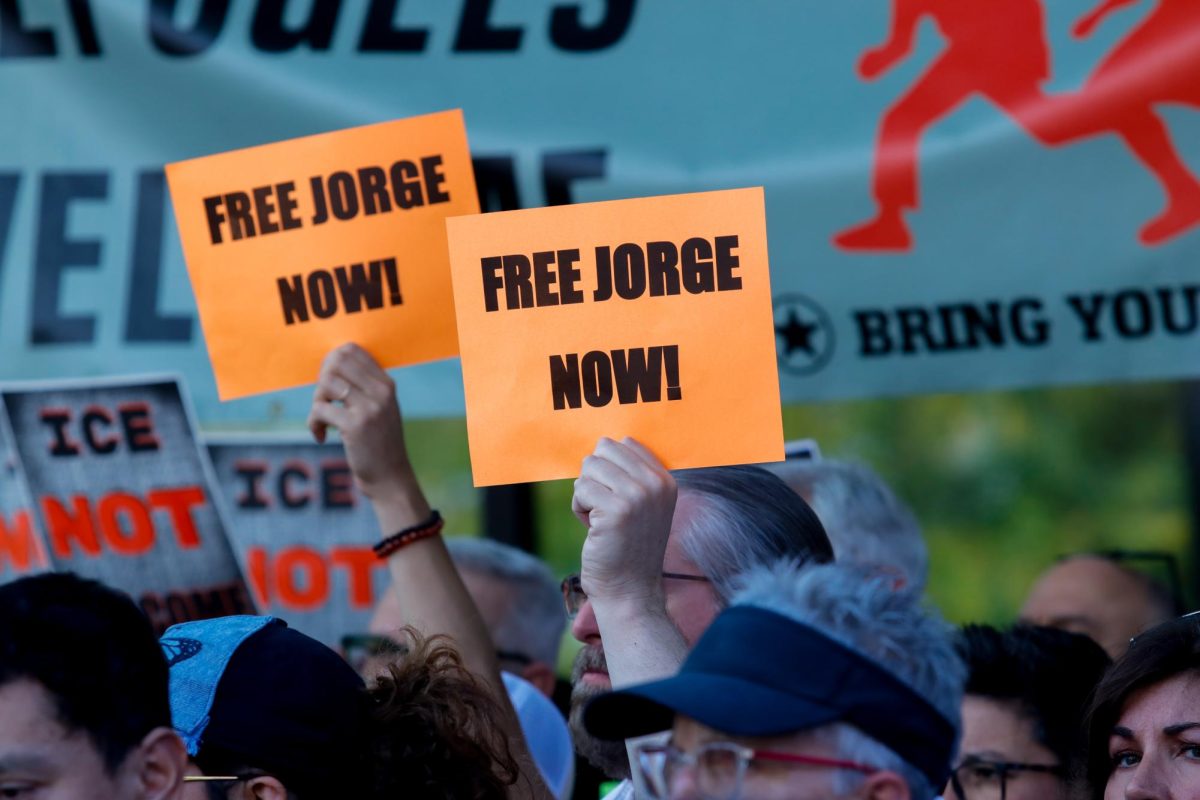
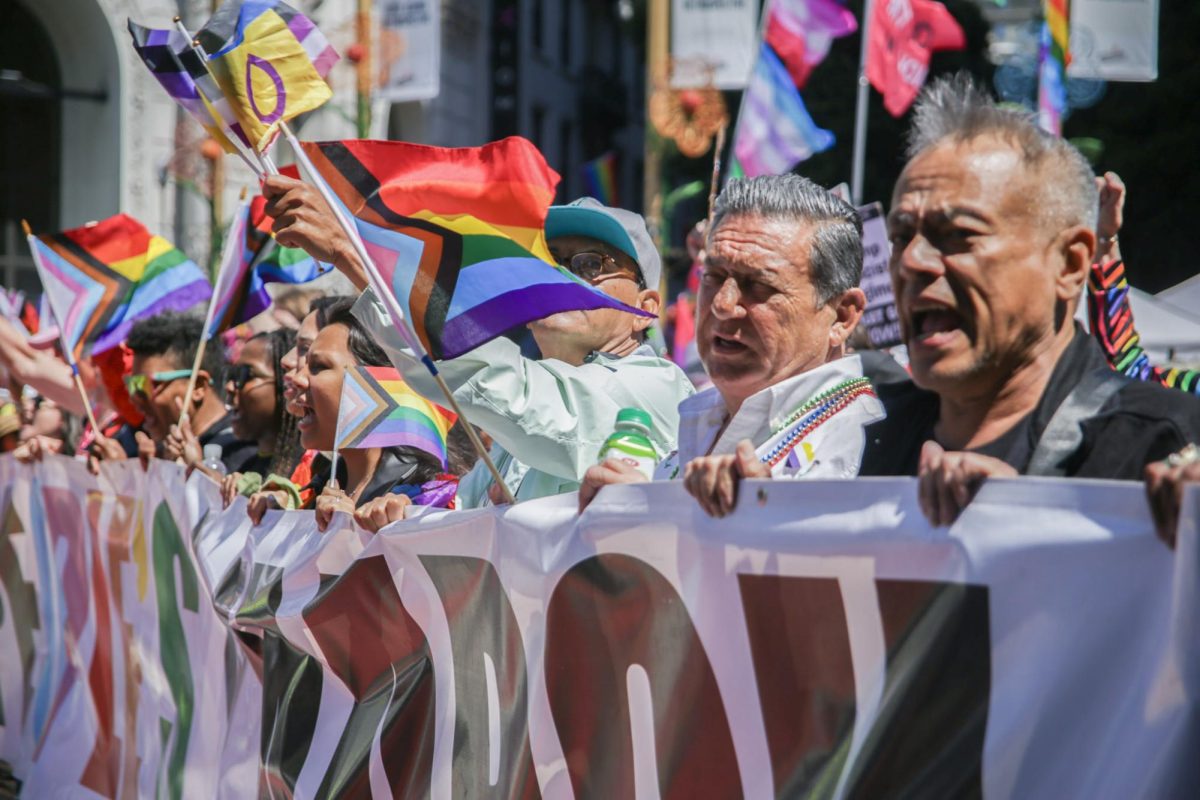


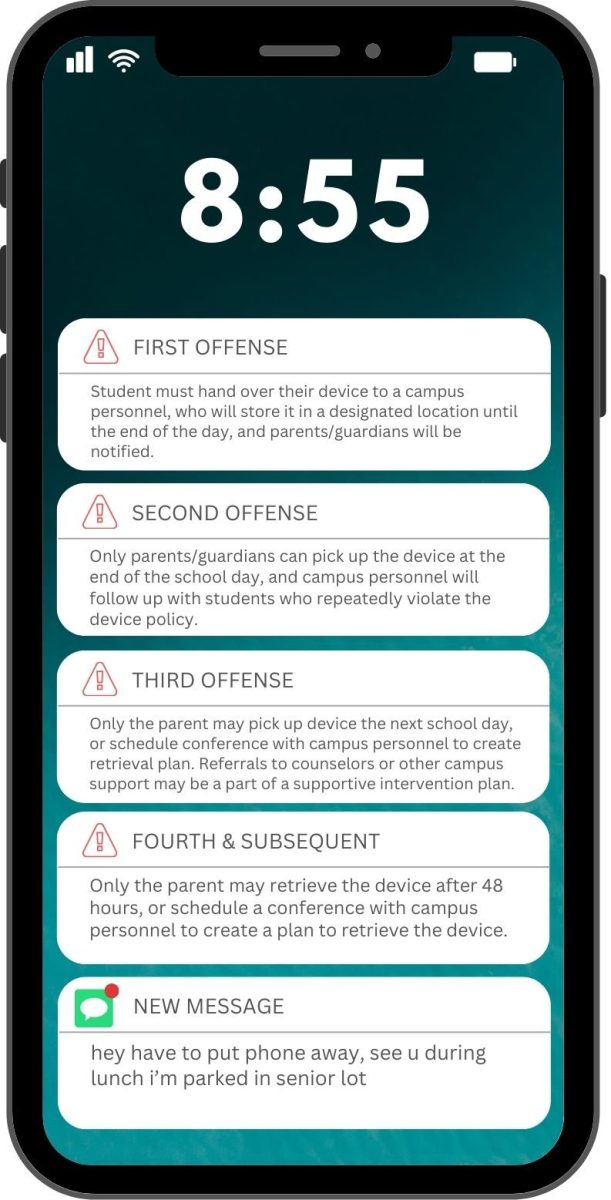
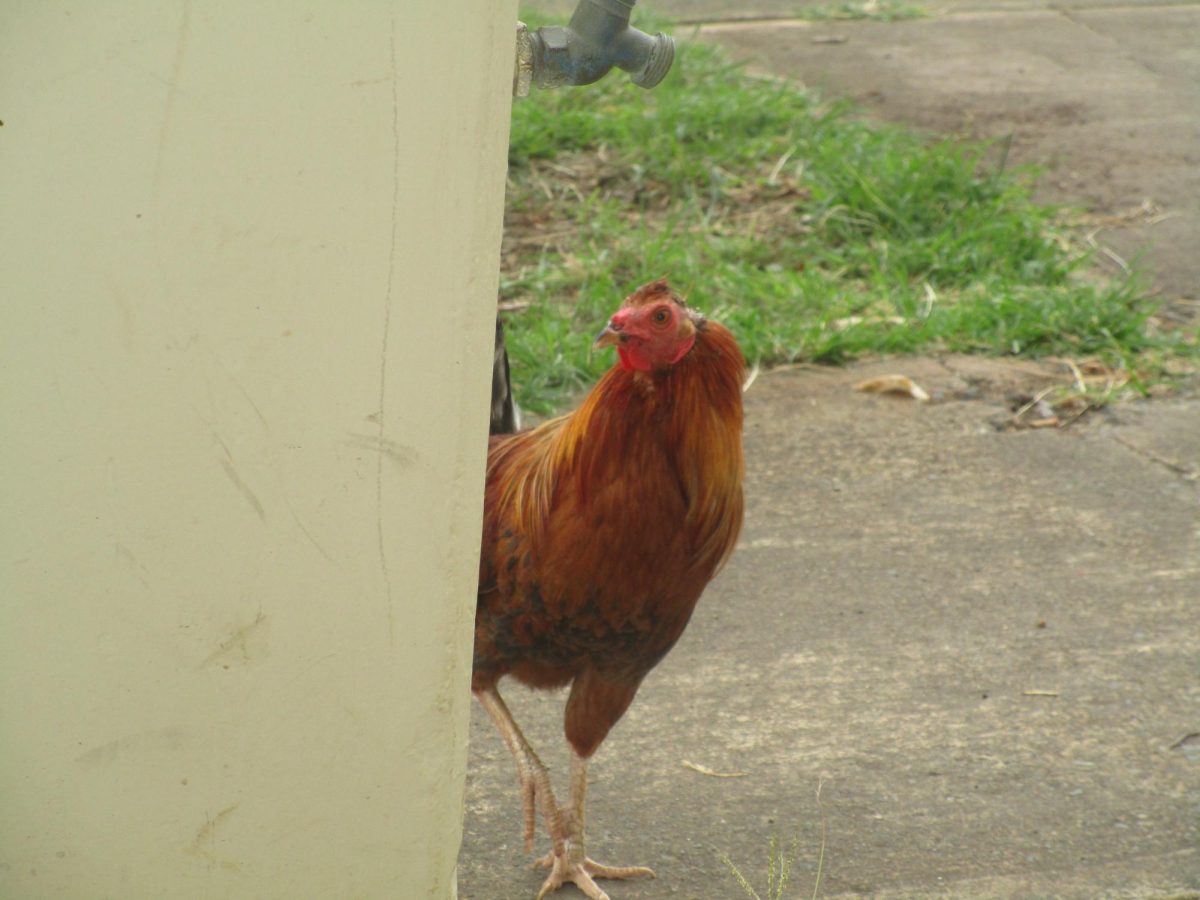
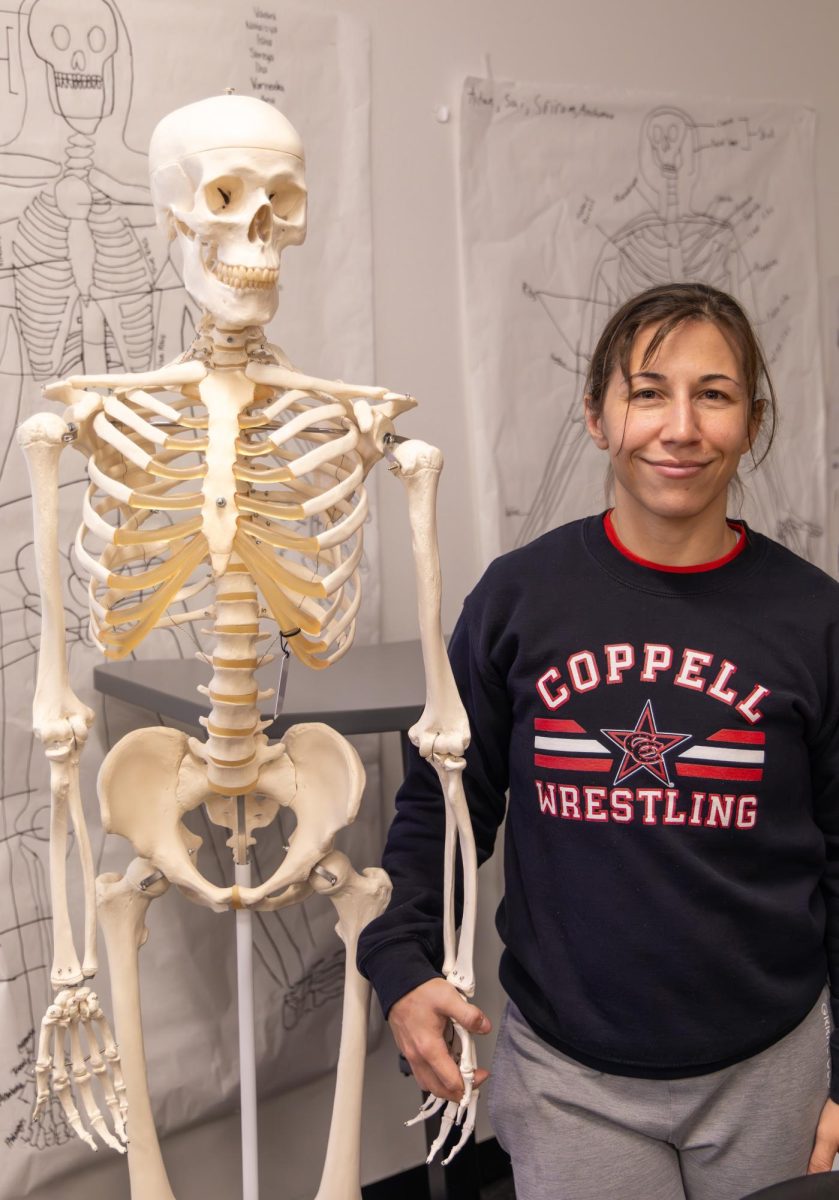
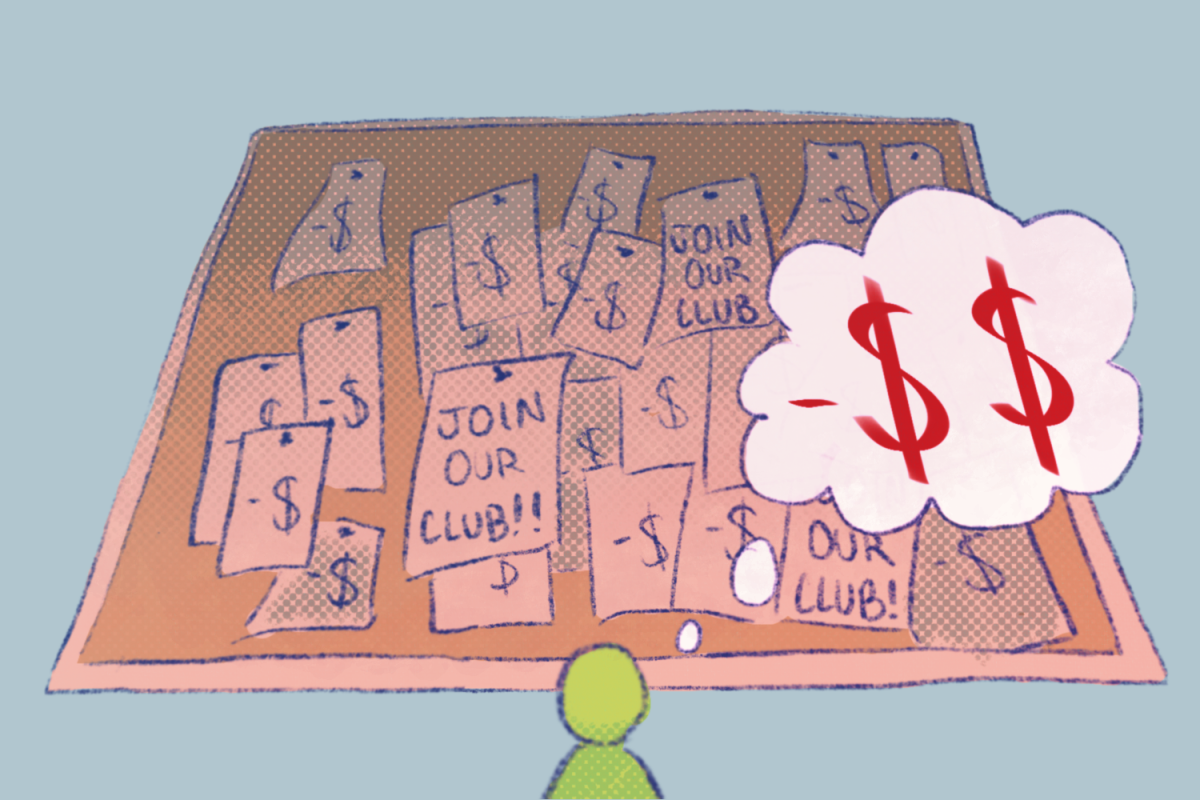

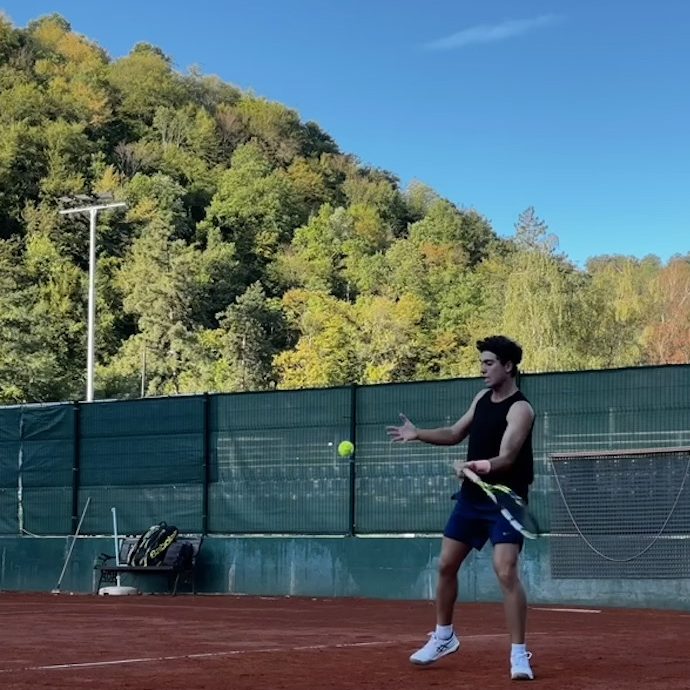
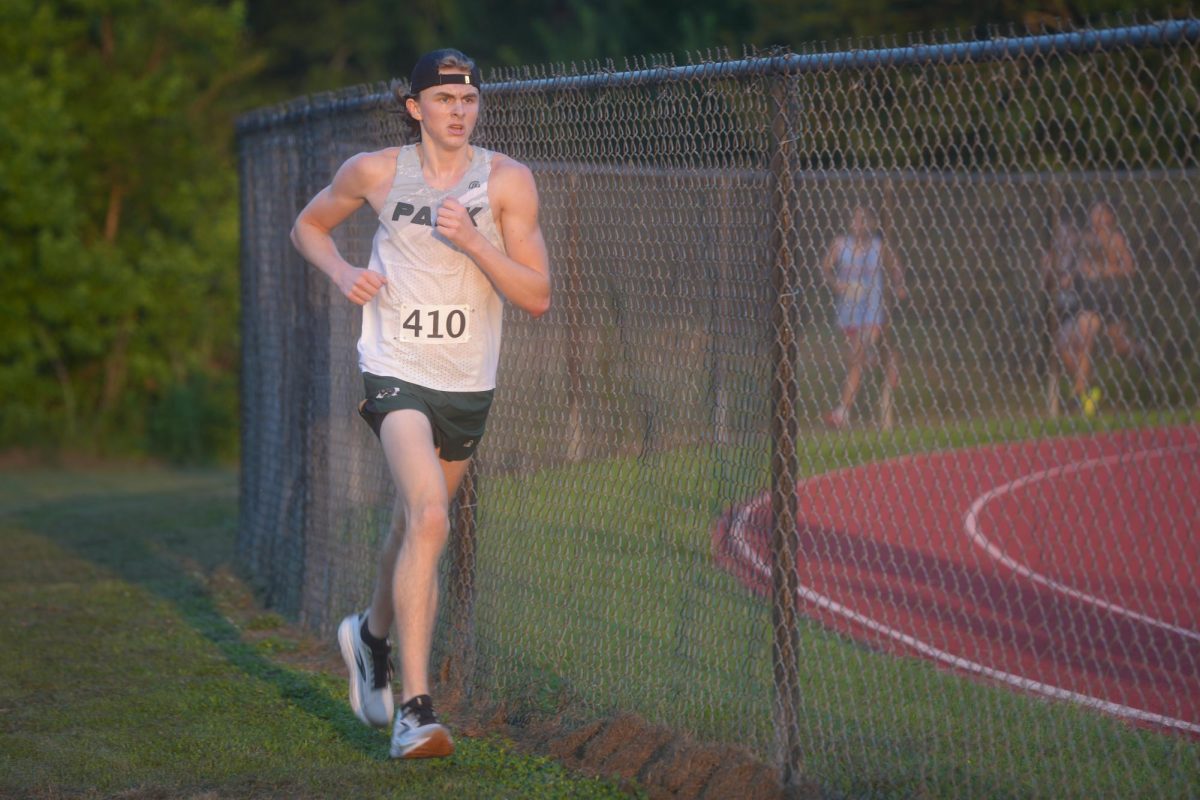
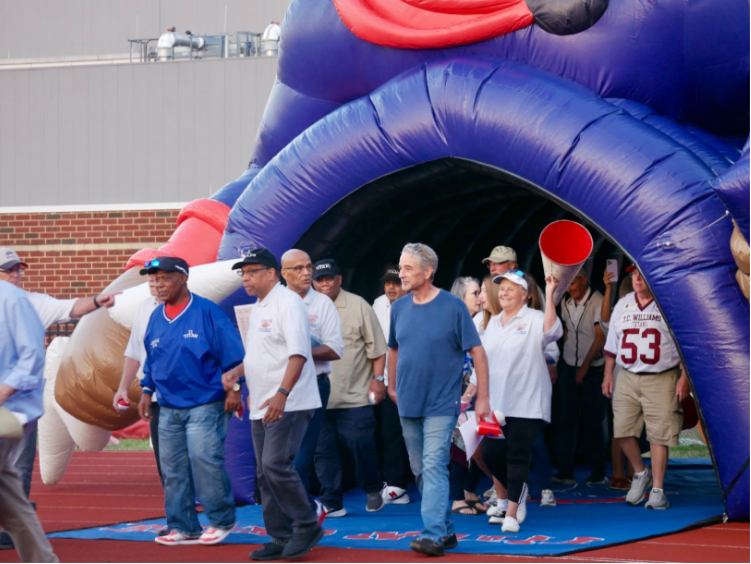
![SETTING THE STANDARD: Mater Dei High School and Playfly Sports announced its historic media partnership in the spring of 2025. As Mater Dei Athletics continues to achieve new heights, Playfly will introduce new partnerships and sponsors for these programs. With the added revenue and resources, Mater Dei can improve the high school experience for all students, while engaging the community in a showcase of Monarch pride. “[This partnership is designed] to increase the experience that our athletes and our non-student athletes have with the [athletic] programs,” Melvin said. “School spirit, engagement, and pride are all things we [keep in mind].” Photo taken by Kenzington Ragge.](https://bestofsno.com/wp-content/uploads/2025/09/IMG_0237.jpeg)
